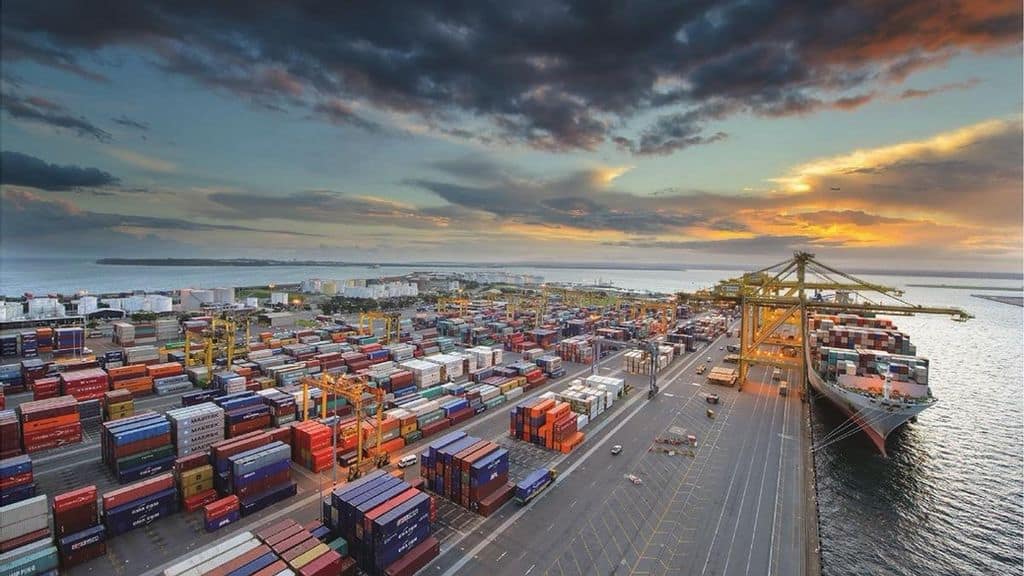The movement of ships and of vital goods are being greatly delayed due to the ongoing union-led waterfront industrial actions, with at least two ship voyages being delayed. As these delays continue, Australian cargo and most importantly consumer goods and essential goods and banning of ships on 14-day rotations, can have severe impacts on the global supply chain and ultimately the economy.
With delays as great as five-day long, comes at a huge cost to the shipping companies, almost at $25,000 a day, with absorption of such costs within this economy and time being extremely difficult. The union-led waterfront industrial actions are mostly in Brisbane and Sydney, and it comes at a time when many importers and exporters are making attempts to hold to lead time to meet the peak season and ensure deliverability for the Christmas season despite the many delays that COVID-19 has brought on.
In the past, during the height of COVID-19, there were 14-day bans which hindered crew changes and caused much concern in terms of the welfare of crew. The ban was that once a ship leaves a port within Australian waters, for example, Sydney, may not dock in Queensland until the 14-day period has elapsed. These days snowball into bigger problems when you take into account the waterfront industrial actions, workforce shortages and shutdowns between different countries. The shutdown of trade to/from New Zealand and the Pacific Islands back in 2020 caused much strain in terms of trade between the countries.
All these reasons, the number of disruptions for the flow of sea cargo and goods is at an all time high with so many manufacturing delays and good shortages due to the lack of timely delivery of raw materials and important components. Some shipping companies have opted to attempt port rotations, whilst other have opted to unload cargo at different ports of the country and rely on domestic freight transport to get the goods to the necessary destination as an alternative to pay the hefty daily costs of being unable to dock at the ports. The shortages of workers for domestic road and rail freight are also another looming issue which has troubled the logistics industry, which has raised freight costs.
Shipping and logistics companies are scrambling, whilst major industries attempt different crisis and supply chain management measures to rectify the delays and achieve the end goal. How are you handling the waterfront industrial actions and what are your thoughts on how things will pan out?

